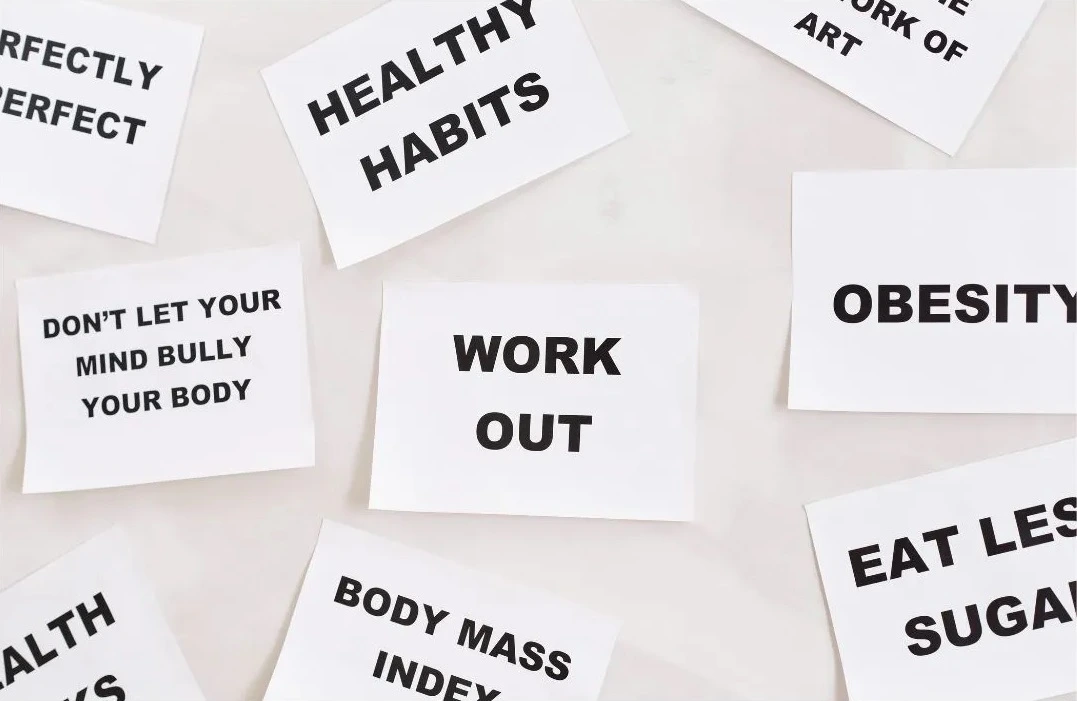Good habits are habits that make us happier, healthier, and kinder every day. They keep us clean, protect us from disease, give us energy to play and learn, and give us energy and a willingness to have fun. Be kind, share, and help others show kindness and make everyone feel better. These small actions can have a big impact on how we live our lives!

Make Your Mornings Better
Start your day with good habits that will make you feel good and set the tone for the rest of the day. A good morning routine will improve your self-control and focus, helping you do things with a positive mind and a strong body. This not only increases productivity, but also improves your mood, making your day easier and more enjoyable. Wake up early! Get into the habit of waking up at the same time every day.
Drink warm water to refresh yourself when you wake up. Why drink warm water? Because it speeds up bowel movements after a long rest. After that, do yoga or jogging for half an hour and exercise for another half an hour. This will give you a good and strong start to the day.
Clean yourself, wash yourself, meditate. Many people neglect this important step, but it will give you time to calm down.
Start Your Day with a Hearty Breakfast
Good habits do not come by themselves because they require effort and discipline over time. Forming a habit means consistently choosing the hard but good path, resisting temptation, and overcoming difficulties so often that it becomes second nature. Don’t skip breakfast, it’s the most important meal of the day. This will give you the energy you need to stay active throughout the day.
Portion your breakfast the right way to get all the vitamins and proteins you need.
Self-Care Throughout the Day
Good habits should be applied when you are working, whether you’re at a job or running a business. Whether you’re at work or running a business, have good habits while you’re at work. If you work in an office and sit in one place for a long period of time, that’s a red flag. This can be controlled by regular breathing. Take a one-minute break every 20-25 minutes. During your break, you can walk around your desk or room, or drink water. The main goal is to promote physical activity and eye care. Eye care is important when you work, as staring at a computer for long periods of time can cause eye strain, dry eyes, and fatigue.
Regular breaks help your eyes rest and recover, preventing long-term problems like eye strain. Many people use this break to drink coffee, but it is recommended to avoid coffee or tea because they contain caffeine. While caffeine can increase alertness and energy, it can also disrupt sleep and have negative effects on some people.
Feel good with a medium-sized lunch and engage in some physical movement.
“Drop by drop is the water pot filled.” – Buddha
In addition to the above, incorporating mental exercises into your daily routine can improve your mental health. For example, taking some time to practice deep breathing or simple meditation while relaxing can help you feel calmer and more centered. It can be as simple as closing your eyes, breathing slowly, and consciously releasing any tension in your body.
Another effective self-care practice is maintaining proper posture while working. Sitting for long periods of time can cause back and neck pain, so make sure your chair and seating area are ergonomically designed. Consider using a lumbar support adapter and holding the screen at eye level to reduce strain.
Also, limiting your work hours is important for your overall health. Overworking can be exhausting, so it’s important to clearly separate work and personal time. To rejuvenate your mind and emotions, engage in activities that bring you joy, such as hobbies, spending time with loved ones, or simply relaxing with a good book or listening to music.
“Discipline is choosing between what you want now and what you want most.” – Abraham Lincoln
Lastly, Good Evening
Building and maintaining good habits is essential to achieving a healthy lifestyle. These exercises provide a foundation for physical fitness, mental clarity, and emotional balance, which will allow you to cope with everyday problems with peace of mind. If you drink occasionally, remember to limit your drinking and don’t make it a habit. Alcohol can disrupt sleep and affect your health in the long run, so it’s best to avoid it if possible.
Keep dinner light and try to eat your first meal of the evening. A good rule of thumb is to finish your dinner at least three hours before you go to bed. This gives your body enough time to digest your food, which will help you sleep better and wake up refreshed.
Take time to relax and unwind after dinner. You can enjoy some gentle entertainment, such as watching your favorite shows, listening to soothing music, or reading a book. Another great way to unwind is to spend quality time with friends or family. A friendly chat or a laugh with a loved one will lift your spirits and help you de-stress after a long day.
Incorporating these simple good practices into your daily routine can have a significant impact on your overall health and make you feel physically and mentally energized. The best thing to do to change your life! !
“Everyone has habits. Some are good; others are not. Considering that we are all defined by our actions, it is important that we lose our bad habits. By doing that, our lives will be much better.” Robert Henley
FAQs
Q1: Why is it important to drink warm water in the morning?
A: Drinking hot water in the morning helps improve digestion by speeding up bowel function. It also helps remove toxins that accumulate overnight and effectively hydrates your body.
Q2: Will skipping breakfast affect my health?
A: Yes, skipping breakfast can lead to lower energy levels, difficulty concentrating, and overeating later in the day. A healthy breakfast provides essential nutrients for a good start to the day.
Q3: How can I control my long working hours?
A: Take short breaks every 20-25 minutes to walk, drink water, or rest. Maintain good posture and consider using ergonomic furniture to avoid problems.
Q4: Is it permissible to consume caffeine during working hours?
A: Although caffeine can increase alertness, excessive use can disrupt sleep and cause addiction. Choose water or herbal tea over drinking water and be careful.
Q5: Why is an early and light dinner recommended?
A: A light dinner at least three hours before bedtime allows for better digestion, prevents discomfort, and improves sleep quality.
Q6: How can mindfulness improve my daily routine?
A: Mindfulness practices like meditation or deep breathing reduce stress, increase focus, and improve overall mental clarity, making your day more productive and enjoyable.
Q6: What are simple ways to relax in the evening
A: Engage in activities like reading, listening to music, or spending time with loved ones. These activities will help you calm down, reduce stress, and prepare you for a good night’s sleep.

